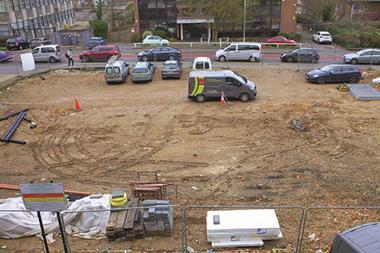
Sir Oliver Letwin’s housing review was set up to look into the gap between housing completions and the amount of land which has received permission for housing. The most common reason being mooted for the huge difference is that developers are land banking sites in order to ‘drip feed’ houses on to the market and keep prices high.
However, there are a lot of politics at play at here. In reality, most housebuilders want to turn sites around as quickly as possible in order to maximise profits. Land banking is simply not profitable. It is a myth that just won’t be debunked. As a concept it was explored and dismissed within the Kate Barker’s seminal housing review back in 2004 and again in the Callcutt review in 2007.
Most consents are already issued with a condition requiring works to commence within three years from date of grant otherwise the permission is ’lost”. It used to be that developers could apply for time extensions but changes in legislation stopped this practice. As a result developers are anxious to start as quickly as possible but before they are allowed to put a spade in the ground there are usually a vast number of pre-conditions that need to be satisfied first. It is this part of the process that really slows down implementation.

The need to cut down the number of pre-conditions has been recognised by the Government and there is a consultation paper out this January as to how new regulations to be issued in 2018 will make this happen. This is an opportunity to make a difference but whether it will be enough remains to be seen.
The real elephant in the room is the green belt. Increasing land supply is the key to meeting housing need but relaxation of the green belt is the hottest of all political potatoes. So perhaps we can rely instead on Part 2 of the brownfield land registers that give planning in principle for specific sites for housing sites? Sadly this is unlikely given the lack of uptake to date.






























No comments yet